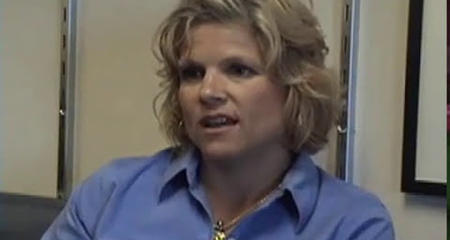First trimester screening is designed to identify whether you may be at increased risk of having a baby with Down syndrome or trisomy 18. These conditions are types of chromosomal abnormalities. The screening involves a maternal blood test and an ultrasound measurement called “nuchal translucency.”
First trimester screening can be done between 11 and 13 weeks gestation (sooner than other screening tests), and results take about one week. First trimester screening must be performed by an ultrasonographer or physician who is certified in nuchal translucency measurement.
It’s important to remember that first trimester screening is an indicator, not a definitive answer, about a baby’s health or condition. Even with an “abnormal” screen, most of the time the baby is healthy. Likewise, not every baby with Down syndrome or trisomy 18 will be identified through first trimester screening. Once a first trimester screening is performed, additional tests can give a definite answer about these and other conditions.
Risk of Down Syndrome
Most people with Down syndrome are the first member in their family to have this condition. Down syndrome is not typically passed on in a family. So, people without a family history of Down syndrome may still have a baby with Down syndrome.
The biggest risk factor for having a baby with Down syndrome is the age of the woman. As a woman’s age increases, the chance for having a baby with Down syndrome increases. Rarely, people may have a strong family history of Down syndrome and/or multiple miscarriages. These people may be at greater risk for having a baby with Down syndrome.
